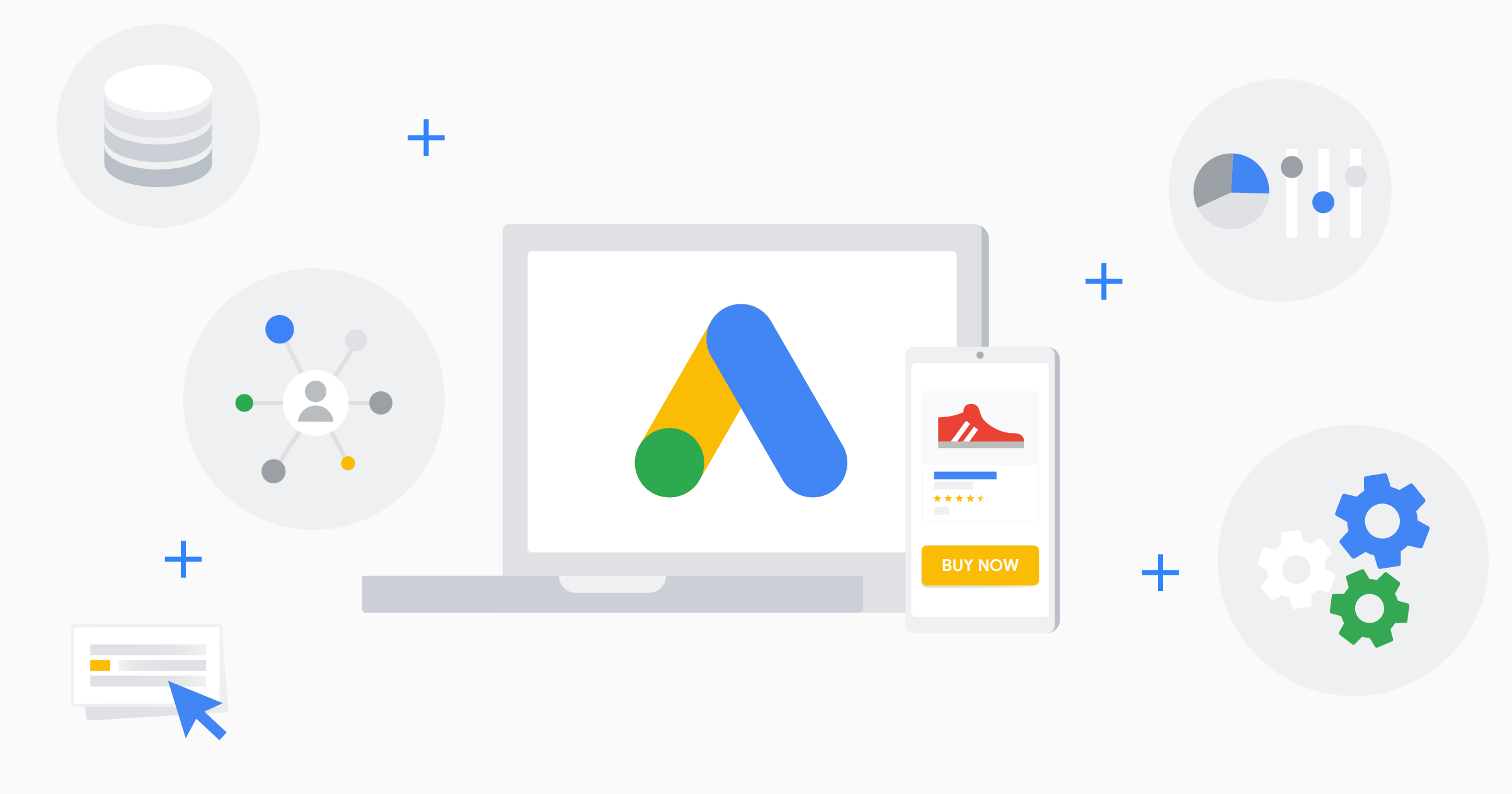Blogging has evolved from a simple hobby to a lucrative profession, with many bloggers earning substantial income through various monetization strategies. In this explanation, I will discuss how blogging websites make money, covering different methods, their implementation, and the potential for success in the blogging industry.
1. Introduction to Blogging as a Revenue Source
Blogging started as a way for individuals to share their thoughts, experiences, and expertise on the internet. Over time, it has transformed into a powerful platform for generating income. The key to making money from a blog lies in attracting a substantial audience, building trust, and then monetizing the traffic in various ways. Bloggers use multiple strategies to earn money, and the combination of these strategies often leads to a stable and profitable income stream.
2. Advertising Networks

One of the most common ways blogging websites make money is through advertising networks like Google AdSense, Media.net, and others. These platforms allow bloggers to display ads on their websites, and they get paid when visitors view or click on these ads. The revenue generated depends on factors like the number of visitors, the type of content, and the niche of the blog.
How It Works:
- Sign Up: Bloggers sign up with an advertising network, which provides them with a code to insert into their blog.
- Ad Display: Ads are displayed automatically on the blog, usually in the form of banners, sidebars, or within the content itself.
- Revenue Generation: Bloggers earn money based on the number of impressions (views) or clicks on the ads. This model is often referred to as Cost Per Click (CPC) or Cost Per Thousand Impressions (CPM).
Challenges and Considerations:
- Traffic Dependency: High traffic is crucial for significant earnings.
- Ad Relevance: Ads must be relevant to the audience to encourage clicks.
- User Experience: Overloading a blog with ads can negatively impact user experience.
3. Affiliate Marketing

Affiliate marketing is another popular method for monetizing a blog. It involves promoting products or services from other companies and earning a commission on sales made through referral links. This strategy is especially effective for niche blogs that focus on specific topics like technology, health, or fashion.
How It Works:
- Joining Affiliate Programs: Bloggers join affiliate programs related to their niche, such as Amazon Associates, ShareASale, or CJ Affiliate.
- Embedding Links: They embed affiliate links within their blog posts, often in the form of product reviews, recommendations, or tutorials.
- Earning Commissions: When a reader clicks on the affiliate link and makes a purchase, the blogger earns a commission, which can vary from a few percent to a significant share of the sale.
Challenges and Considerations:
- Trustworthiness: Readers must trust the blogger’s recommendations for affiliate marketing to be effective.
- Product Relevance: Promoted products must align with the blog’s content and audience interests.
- Compliance: Bloggers need to disclose affiliate relationships to maintain transparency and comply with regulations.
4. Sponsored Posts and Product Reviews
As a blog gains popularity, companies may approach the blogger to write sponsored posts or product reviews. In return, the blogger receives a fee, free products, or other incentives. Sponsored content is a lucrative income source, especially for bloggers with a strong influence in their niche.
How It Works:
- Collaboration: Companies reach out to bloggers or vice versa, negotiating the terms of the sponsored content.
- Content Creation: The blogger creates content, such as reviews, tutorials, or promotional posts, featuring the company’s product or service.
- Publication and Payment: The content is published on the blog, and the blogger receives compensation based on the agreement.
Challenges and Considerations:
- Maintaining Integrity: Bloggers must ensure that sponsored content is genuine and aligns with their values to maintain audience trust.
- Disclosure: Clearly marking sponsored posts as advertisements is essential to comply with legal requirements.
- Balancing Content: Too many sponsored posts can dilute the blog’s authenticity.
5. Selling Digital Products
Many bloggers create and sell digital products like eBooks, online courses, printables, and templates. This strategy allows bloggers to leverage their expertise and provide value to their audience while generating income. Selling digital products can be highly profitable, as they often require low upfront costs and can be sold repeatedly.
How It Works:
- Product Creation: Bloggers identify a need within their audience and create digital products to meet that demand.
- Marketing and Sales: They market the products through their blog, email lists, and social media channels.
- Revenue Generation: Digital products are sold directly to the audience, with bloggers retaining the majority of the profits.
Challenges and Considerations:
- Content Quality: High-quality, valuable content is essential to justify the purchase.
- Effective Marketing: Success depends on effective marketing and understanding the audience’s needs.
- Competition: The digital product market can be competitive, requiring differentiation and unique value propositions.
6. Offering Services

Many bloggers offer services such as consulting, coaching, or freelance writing to their readers. This approach is particularly effective for bloggers who are experts in their field and can provide personalized guidance or services. Offering services can significantly boost income, especially when paired with a blog that showcases the blogger’s expertise.
How It Works:
- Service Promotion: Bloggers advertise their services on their blog, often with dedicated pages or blog posts.
- Client Engagement: Readers who are interested in the services reach out, and the blogger provides the service in exchange for a fee.
- Building a Client Base: Over time, successful service delivery leads to repeat clients and referrals, increasing income.
Challenges and Considerations:
- Time Management: Providing services can be time-consuming, limiting the blogger’s ability to focus on content creation.
- Scalability: Unlike digital products, services may not scale easily, as they require the blogger’s direct involvement.
- Skill Development: Bloggers must continually enhance their skills to provide valuable services.
7. Membership and Subscription Models
Some bloggers create exclusive content or communities for their readers and charge a membership or subscription fee for access. This model works well for bloggers who have established a loyal following and can offer unique value that isn’t available for free on the blog.
How It Works:
- Creating Exclusive Content: Bloggers develop content, such as in-depth articles, tutorials, or courses, that are only accessible to paying members.
- Subscription Plans: They set up subscription plans, offering different levels of access based on the price.
- Recurring Revenue: Subscribers pay a recurring fee, providing the blogger with a steady income stream.
Challenges and Considerations:
- Content Value: The exclusive content must be valuable enough to justify the subscription fee.
- Community Engagement: Building a strong, engaged community is crucial for the success of this model.
- Retention: Bloggers must continually provide value to retain subscribers and minimize churn.
8. Selling Physical Products
Some bloggers expand their income streams by selling physical products related to their blog’s niche. This could include merchandise, handmade crafts, or even dropshipping products. Selling physical products requires more effort in terms of inventory management, shipping, and customer service, but it can be a lucrative venture.
How It Works:
- Product Selection: Bloggers choose or create products that align with their brand and audience.
- Sales Platform: They sell the products through their blog, an e-commerce platform like Shopify, or a third-party marketplace like Etsy.
- Revenue Generation: Income is generated through product sales, with the potential for scaling by expanding product lines.
Challenges and Considerations:
- Inventory Management: Managing inventory and shipping can be complex and time-consuming.
- Customer Service: Providing excellent customer service is essential for maintaining a good reputation.
- Market Competition: Competing with other sellers requires a strong brand and unique products.
9. Leveraging Social Media and Video Content
Bloggers can extend their reach and monetize their content through social media platforms and video content. Platforms like YouTube, Instagram, and TikTok offer monetization options through ads, sponsorships, and direct audience support, such as through Patreon or YouTube memberships.
How It Works:
- Content Creation: Bloggers create and share content on social media or video platforms, often repurposing blog content or creating complementary material.
- Monetization: Income is generated through platform-specific monetization options, like ad revenue on YouTube or sponsored posts on Instagram.
- Audience Growth: Social media helps bloggers reach new audiences, driving traffic back to the blog and increasing overall income potential.
Challenges and Considerations:
- Platform Algorithms: Success on social media often depends on understanding and leveraging platform algorithms.
- Content Consistency: Regular content creation is necessary to maintain engagement and growth.
- Diversification: Relying too heavily on one platform can be risky due to algorithm changes or policy shifts.
10. Conclusion: Diversifying Income Streams for Long-Term Success
To achieve long-term success and financial stability, bloggers often diversify their income streams by combining several of the methods mentioned above. This approach not only maximizes income potential but also reduces reliance on any single revenue source, which can be vulnerable to changes in algorithms, market trends, or audience behavior.
Successful bloggers understand the importance of building a strong brand, consistently creating high-quality content, and maintaining a deep connection with their audience. By doing so, they can explore multiple monetization strategies and adapt to the ever-evolving digital landscape. Blogging is not a get-rich-quick scheme; it requires dedication, creativity, and a willingness to learn and experiment with different approaches. However, with persistence and strategic planning, blogging can become a rewarding and profitable career.

Get involved!
Comments